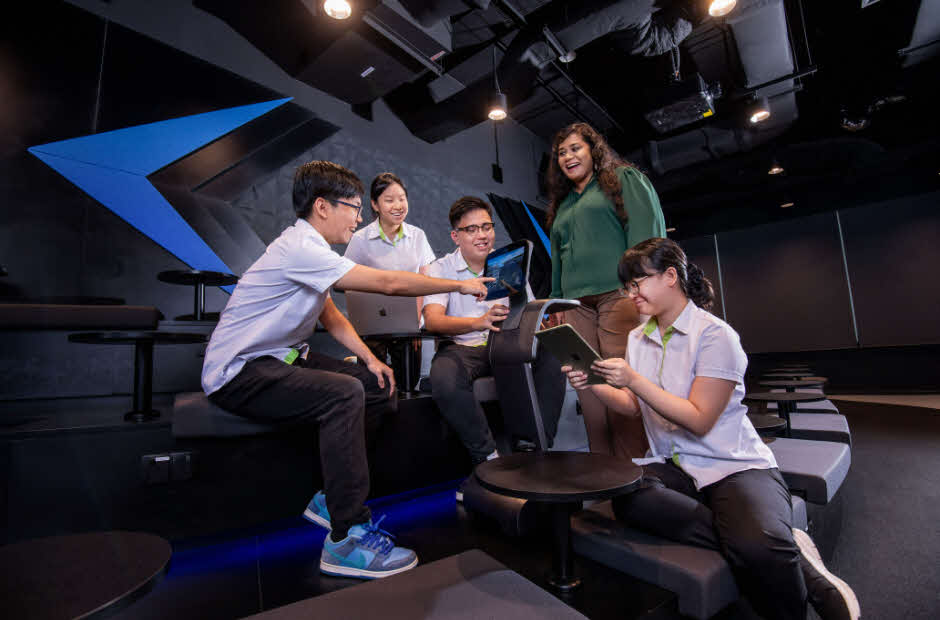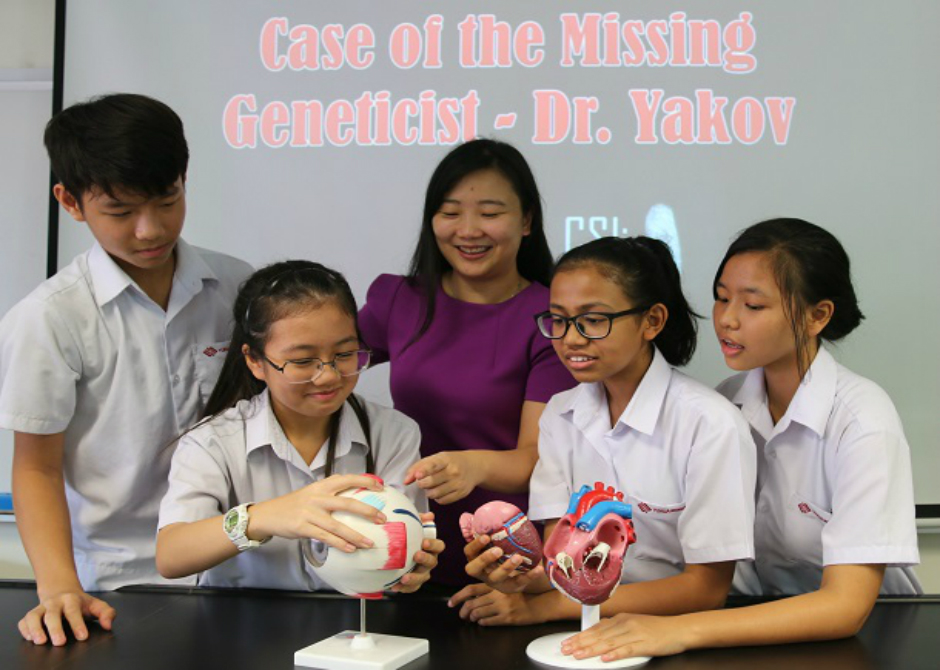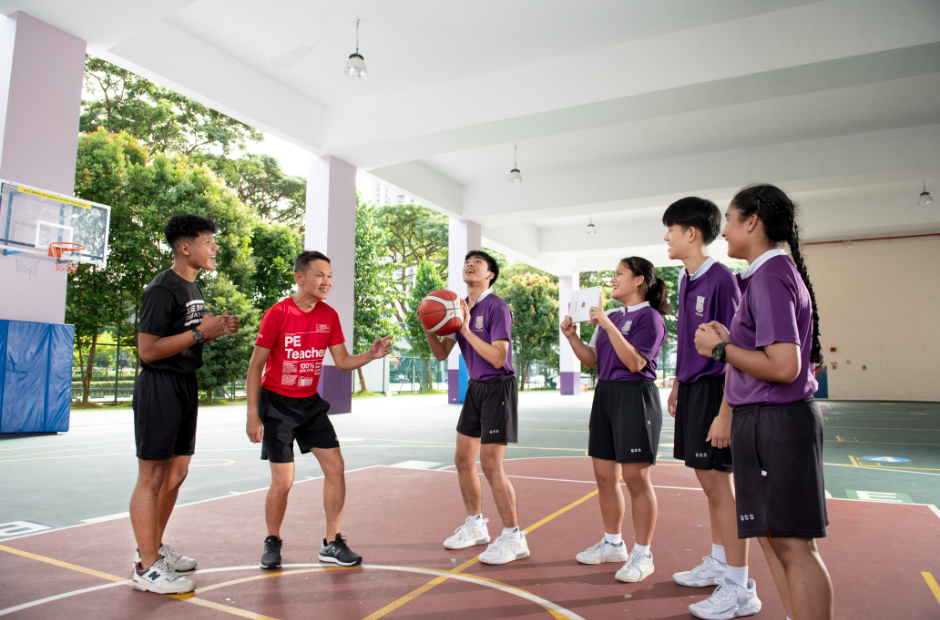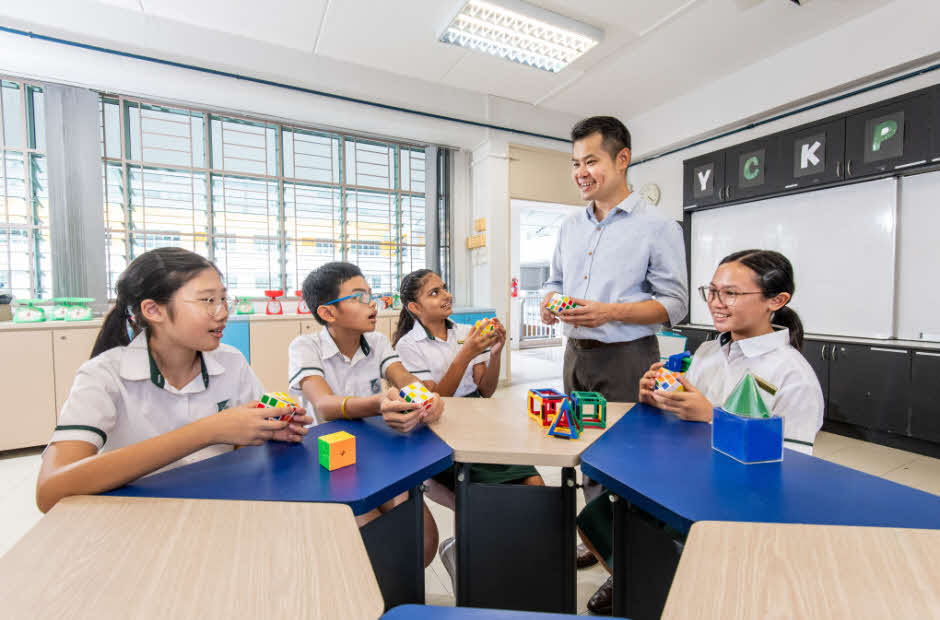Artificial Intelligence (AI) is making its way into facets of all our daily lives, which makes what Ms Jebaraj teaches at ITE College East highly marketable. Covering areas such as AI coding, app development, and robotic process automation, her courses attract students who want to decode the technology they are keen to master. Technology, however, is not all she teaches.
She builds RI (for “real intelligence”, a term she coined) and “ài” (or “love” in Mandarin) in her lessons. With the rise of scams, deepfakes and half-truths, she also emphasises the learning of ethics and governance – stemming from love and respect for self and humankind – so students will apply their “real intelligence” to use technology responsibly.
Inspiration: Keeping up with technology and learning for life
When Ms Jebaraj became an educator, the dot-com bubble had just burst. Since then, mobile phones have evolved to smart phones, and now revolve around the use of apps. Social media changed how the world works and plays, and now everything is about to be transformed by AI.
“Whatever I teach today is content for the museum of tomorrow,” Ms Jebaraj says. What doesn’t change is the ability to learn for life – Ms Jebaraj teaches not just today’s technologies but the mindset to continually embrace future ones.
She leads by example. In her 20 years at ITE, Ms Jebaraj has actively networked, pursued industry certifications, and embraced training opportunities, ensuring that her teaching methods and partnerships benefit her students. “I see continuous learning as keeping me on my toes and keeping my lessons interesting,” she shares.
Transformation: Industry partnerships that spark innovation
Applied learning, authentic learning, and hands-on learning are Ms Jebaraj’s preferred teaching tools, which come together in the projects that she builds with her students in ITE’s AI lab.
The lab is a state-of-the-art AI facility built in collaboration with Microsoft and AI Singapore. Ms Jebaraj partners Microsoft to keep her syllabus relevant and integrated with the company’s latest practices. This provides the students with a head start on the company’s Azure AI Fundamentals industry certification for cloud computing, and brings about other benefits, including workshops for students and lecturers, and the Digitalisation Challenge – an AI, automation and digital analytics competition open to all students across the three ITE campuses.
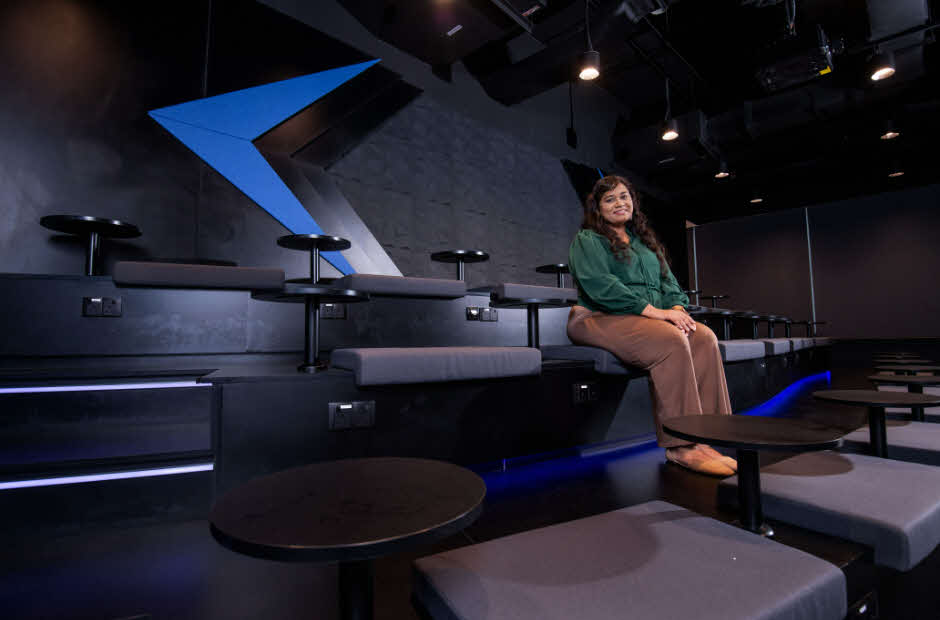
“It’s not about just using technology but using it as an enabler to benefit a community or to solve a problem.”
Ms Preethi Jebaraj
This simulated industry environment makes lessons current, exciting and relatable. Ms Jebaraj has struck up similar partnerships with other industry partners, leading to opportunities for internships and other kinds of professional exposure.
Beyond ensuring industry exposure, Ms Jebaraj also strives to engage her students through her signature pedagogy of “movie-fication”. When her students look listless, they can count on her to put on a movie with a futuristic or AI theme, such as RoboCop or The Matrix, to spark discussions on ethics or to spot where certain technology know-how has been applied.
This “movie-fication” inspires many spin-offs in her students’ work. For instance, the AI possibilities depicted in one such movie inspired her student to develop a programme that moderates inappropriate content on forums. This idea was shared with Microsoft executives, and the student went on to pursue a Microsoft Azure certification. “It inspired him to look deeper into the module and go beyond the curriculum,” she recalls.
Students have also answered Ms Jebaraj’s call to deliver AI “with love”. One student engineered an alert system that buzzed if users left their tables without clearing their trays. Another used image analytics to monitor crowds in an exhibition while omitting visitors’ identities – an ethical solution that made Ms Jebaraj proud.
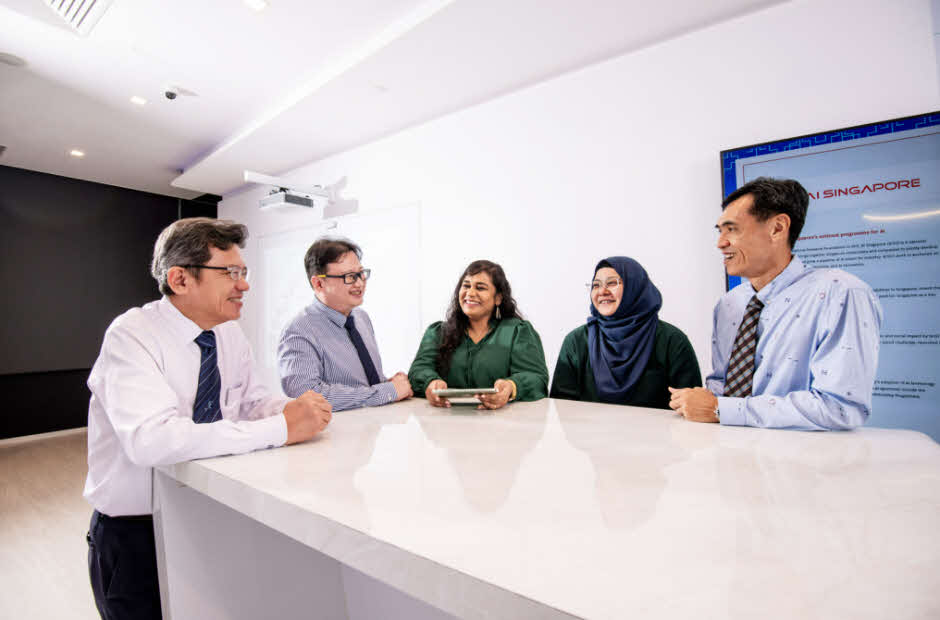
Reflection: Enabling good through certification and consultation
“AI or any emerging technology must be a tool for good”, says Ms Jebaraj. She shares this principle with her colleagues and Continuing Education and Training learners and has designed industry certifications to encourage more to wield these technologies for good. This year, a Certificate of Competency (CoC) in ChatGPT that she designed with AI Singapore was opened to the public.
Ms Jebaraj also acts as a consultant for National Institute of Education researchers who are developing a Gen AI teaching-and learning tool. The tool, adopted by ITE and Republic polytechnic, not only guides the students to write and analyse codes, but also offers suggestions for improvement and optimisation.
She says, “It’s not about just using technology, but using it as an enabler to solve a problem and to benefit a community.”



